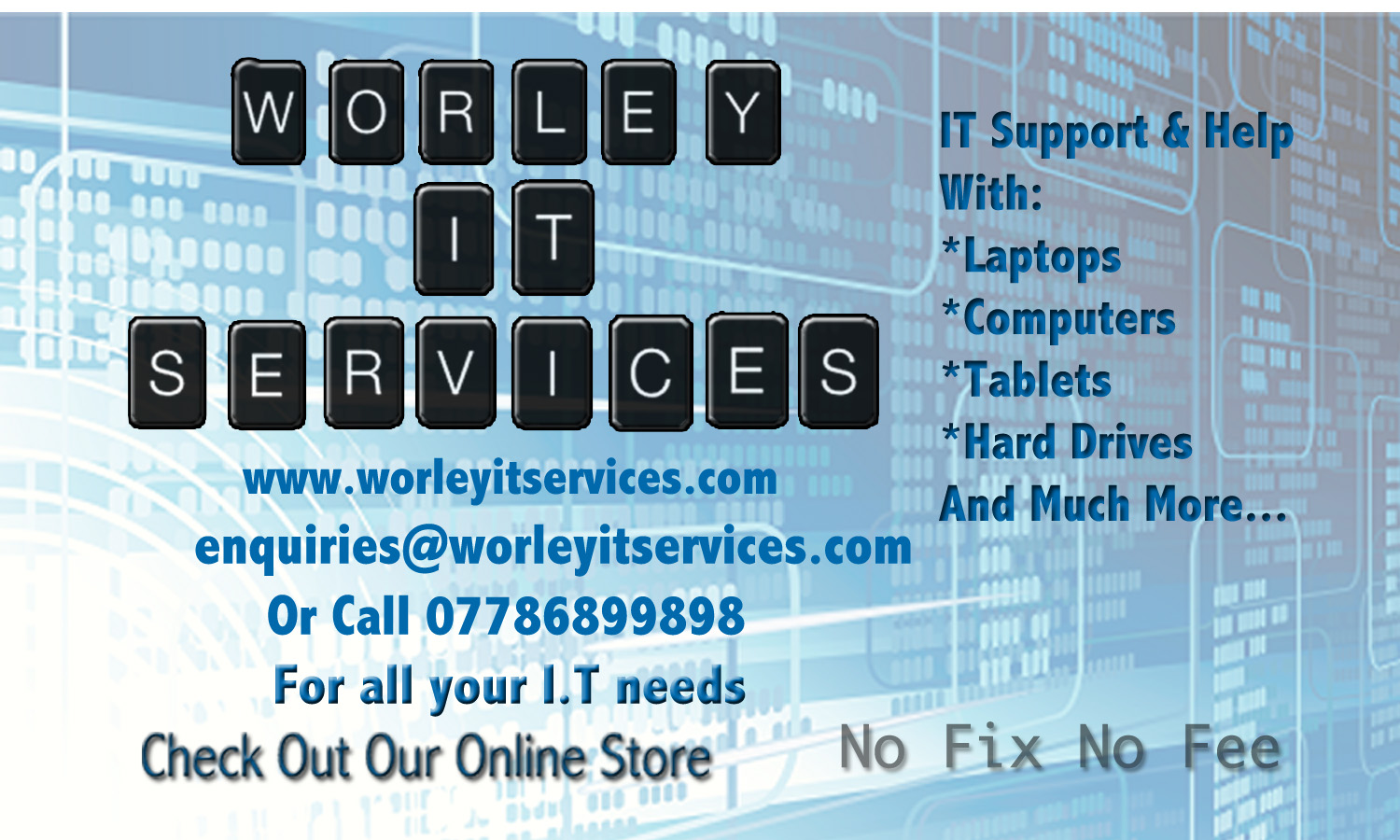For most people, the choice of laptop or computer
is Windows or Mac both of which are very valid and good strong
systems to have. We trust them and we've gotten used to their little
quirks over the years (we know the complaints we all have about
Windows!).
But for some Windows or Mac isn't the big flashy
system we want. Many will have heard of Linux but not necessarily
have used Linux. Possibly one of the largest collections of operating
systems, Linux systems are just as robust and just as useful. In
fact, they can be more secure than their Windows and Mac counterparts
as well as less resource hungry resulting in better efficiency. For
this reason many servers run a flavour of Linux and this is invisible
to the end user.
Now this may sound great but, certain Linux
distributions (Red Hat springs to mind) can be quite costly however,
as the core of Linux (Unix) has exceptionally similar counterparts,
we are fortunate to be able to obtain certain Linux distributions for
free...ain't that awesome? These Unix-based systems form the core of
a number of distributions and also point to the cheaper price Mac OS
X software compared to Windows (seriously read on and I'll explain
that further).
The biggest of these distributions is a fantastic
operating system called Ubuntu which many may of heard from time to
time. A great system with all the features that we've come to love
over the years in Windows and Mac and looks a little bit like this:
For those of us that are Mac users, you can
probably see the similarities between Ubuntu and Mac in the layout
this is because they have the same core system. Pretty cool?
So what are the key advantages of Ubuntu then?
Well for a start...it's free including updates and upgrades (apps
purchased from the store may come at additional cost). Second, Ubuntu
is an open source project meaning that anyone can contribute to the
project. Now yes, that sounds risky but these people are experts and
have been working on this for decades. But it is due to this, that
Ubuntu is relatively secure and immune to viruses. However, this
shouldn't be taken for granted and for peace of mind you should
source some antivirus software to be safe. There are some good
freebies out there.
It doesn't stop here though. As a taster, when
you download Ubuntu to a disc, you can boot what is called a live
version of Ubuntu on your computer to trial the software. In doing
this, your current operating system is not affected and you can
experiment with Ubuntu to your hearts content and then remove the
disc, restart and you have your computer back as before. This is
possibly the only case (certainly the only one I have come across)
where you can 'try before you buy' (in this case install).
As well as this, if you're not a hundred percent
on giving up your current operating system, you can install Ubuntu
side by side with Windows or Mac and use the two. All in all not a
bad deal and the installation is clear and well described at every
stage.
As well as this, there is a huge amount of
support documentation easily accessible by just typing in the issue
you have and the answers are there for you, very clear and concise.
So if you've decided that you don't want Windows
or Mac or you just feel like something different, give it a spin
(please don't do anything you're not confident with without seeking
help or consulting the Ubuntu documentation online) and see how you
find it. The system will sit on the majority of computers and laptops
that have been running Windows and Mac so you don't have to splash
out for a new computer.
Hope for those who give it a try you enjoy the
user experience of the upcoming system in the computer world.
Until next time enjoy!
Ash


